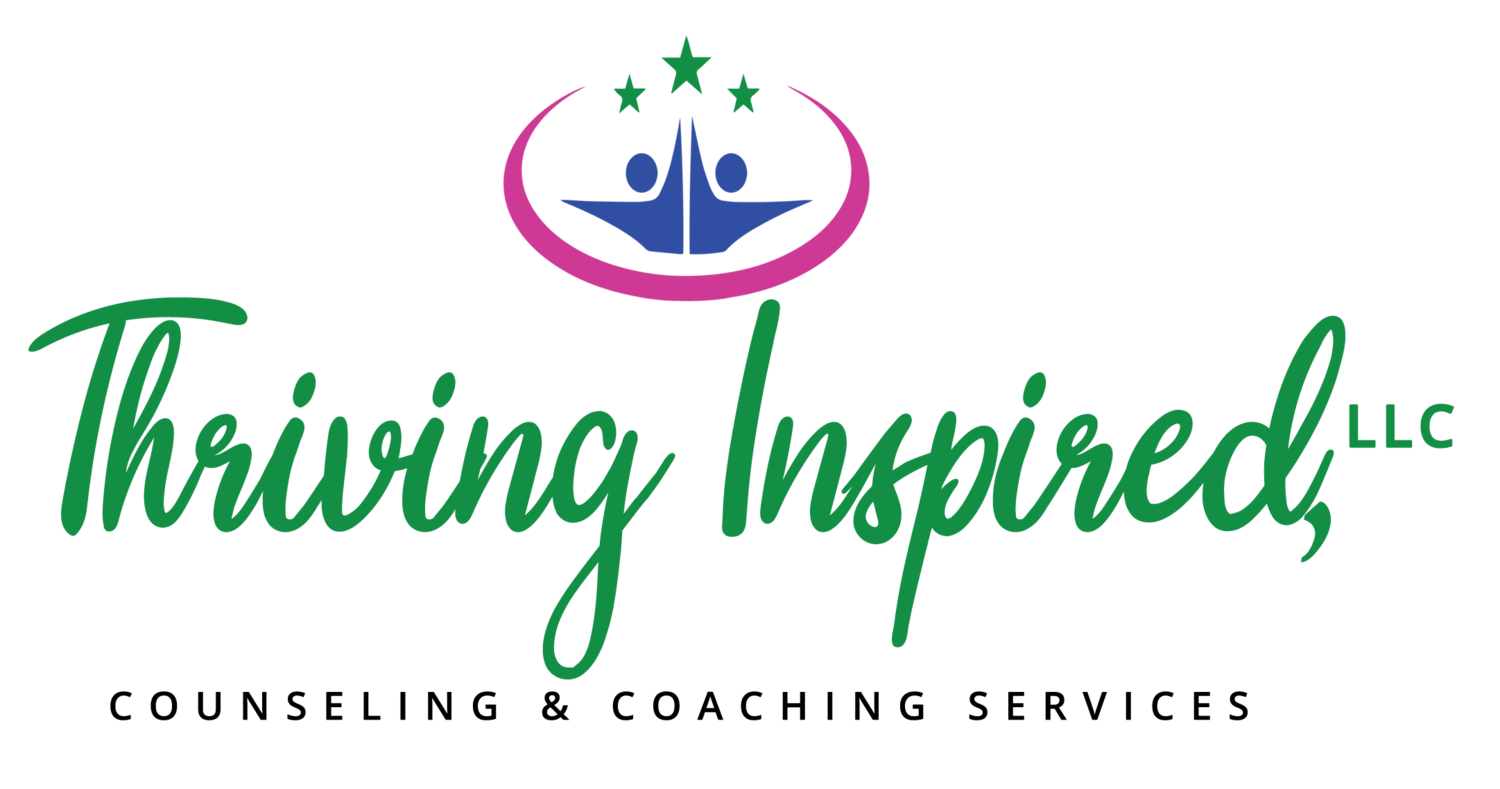Child Therapy FAQ
Child Therapy and Parent Coaching in Lawrenceville, GA.
What can I expect when starting therapy for my child?
he first appointment is an intake assessment to discuss your concerns in detail and to gather relevant information. Once the appointment is confirmed, you will receive a link to the intake forms to be completed before the session. The intake session is primarily with parents/caregivers; however, adolescents and teens may attend if appropriate.
What should I say to my child about going to therapy?
What a child is told about going to therapy varies depending on age and their level of awareness about the concerns. A typical approach is saying something like: “You know how you sometimes have a hard time with [insert problem]? Well, I found someone who helps children with this.” It is important that the child is assured that they can decide how much, or how little, they say in the sessions. As a play therapist, I use a variety of approaches to interact with children. A child who is “not a talker” will have various ways of communicating without words.
How often will you meet with my child?
Session frequency will be determined by several factors including the nature of the presenting problem, severity and intensity of symptoms, and if there are any safety concerns. Typically, sessions are weekly for the first 4 – 6 sessions. Frequency is reduced to bi-weekly or monthly as progress is made on treatment goals.
How long will my child be in therapy?
Length of treatment, like session frequency, is impacted by several factors (see above). There is research to suggest that it typically takes about 20 sessions for a child to resolve a specific presenting problem. Of course, each child is unique, and some issues are more complex than others. Some issues may be resolved in fewer sessions, while others may require more.
Will I know what my child is talking about, or doing, in the sessions?
It is important that your child feels safe to express themselves freely during sessions. Some children will modify what they communicate in sessions if they believe it will be shared with their parents, or if they are asked by their parents to talk about it. I suggest that parents refrain from asking their child what they talked about or what they did in the session. See below for more on how I communicate with parents.
How do I get information about how my child is progressing?
Parental involvement is critical for successful treatment. After the first 3 – 4 individual sessions with your child, I will schedule a parent meeting. During this meeting, I will provide an overview of the sessions and get your feedback about any changes you may have observed. We will collaborate to update treatment goals as necessary. As treatment progresses, periodic parent meetings are scheduled at mutually agreed-upon intervals.
Do you accept insurance?
This practice is private pay (self-pay) and does not accept insurance. There are several reasons for this decision, with the primary one being the flexibility to provide client-focused treatment that is not restricted by an insurance company. When insurance is used, the insurance company has the final say regarding the “medical necessity” for treatment, frequency of sessions, length of treatment, and even who may be in a session. For example, some insurance plans do not reimburse for parent-only or family sessions, while others reimburse at a lower rate. Audits may be conducted several months after the service is provided, and payments recouped by the insurance company, if certain criteria were not met.
